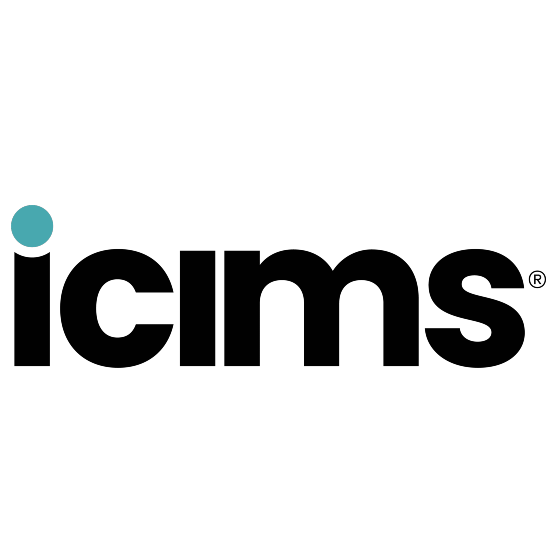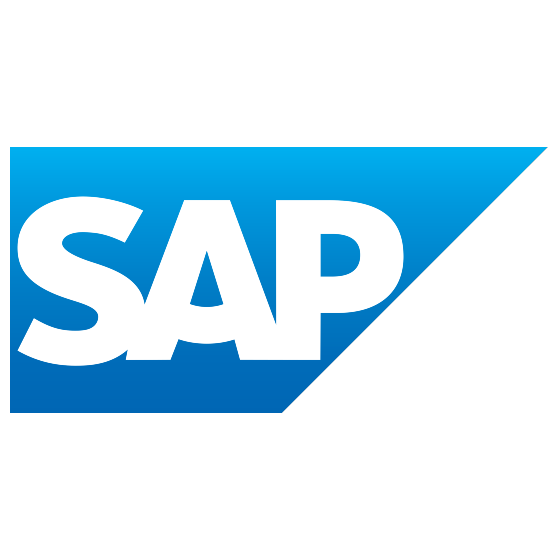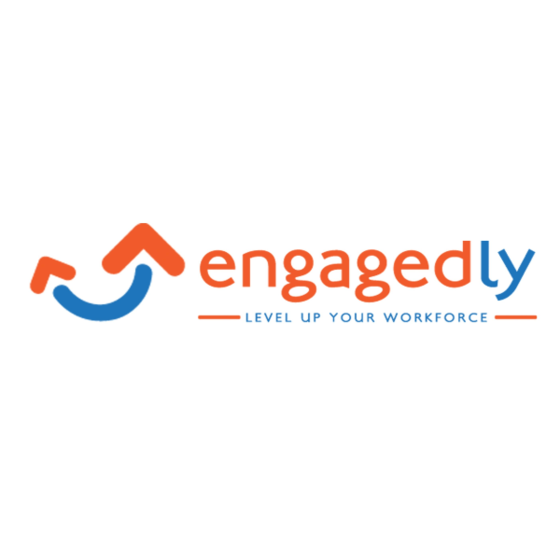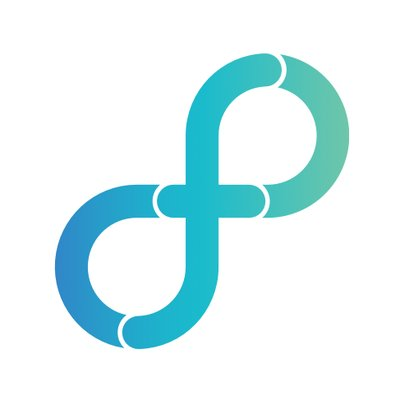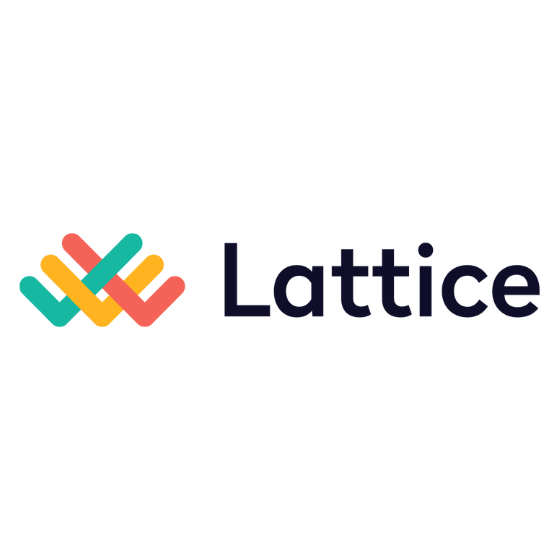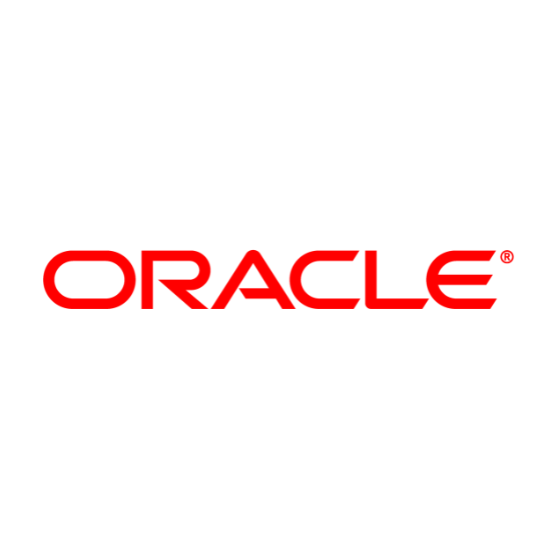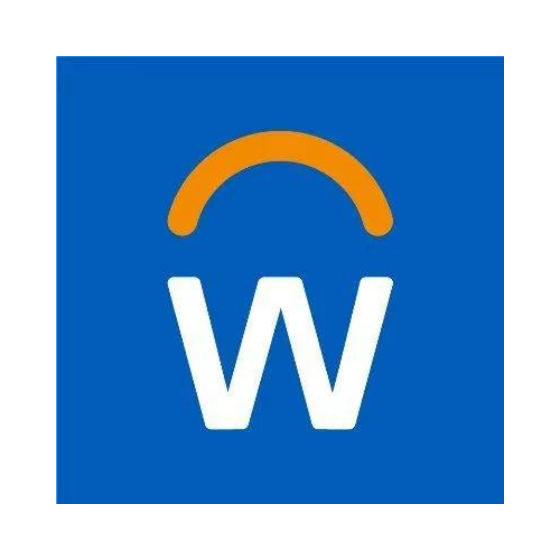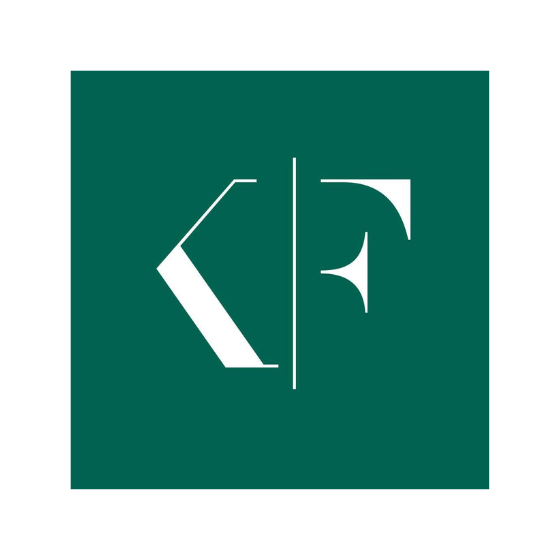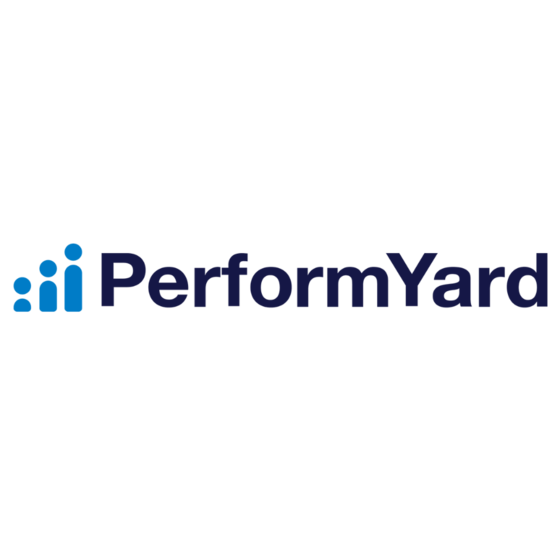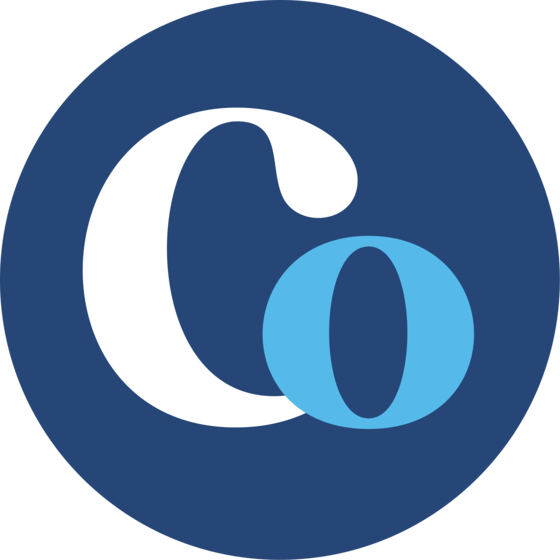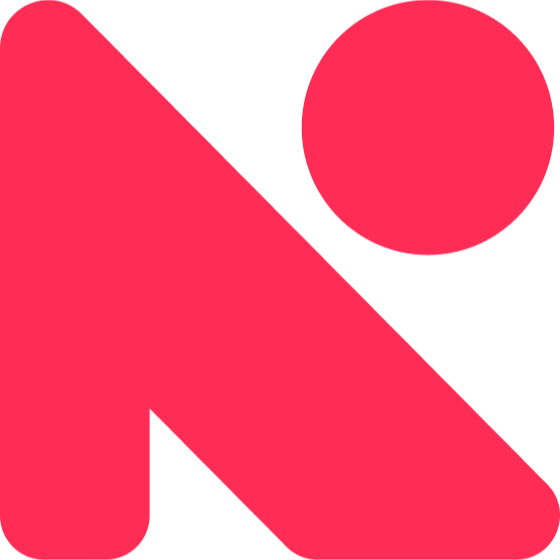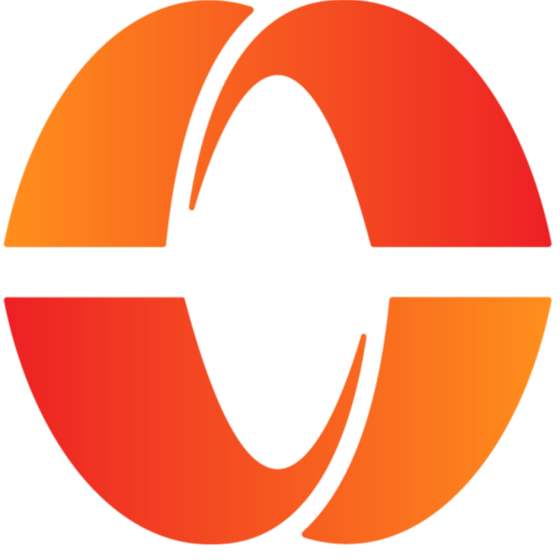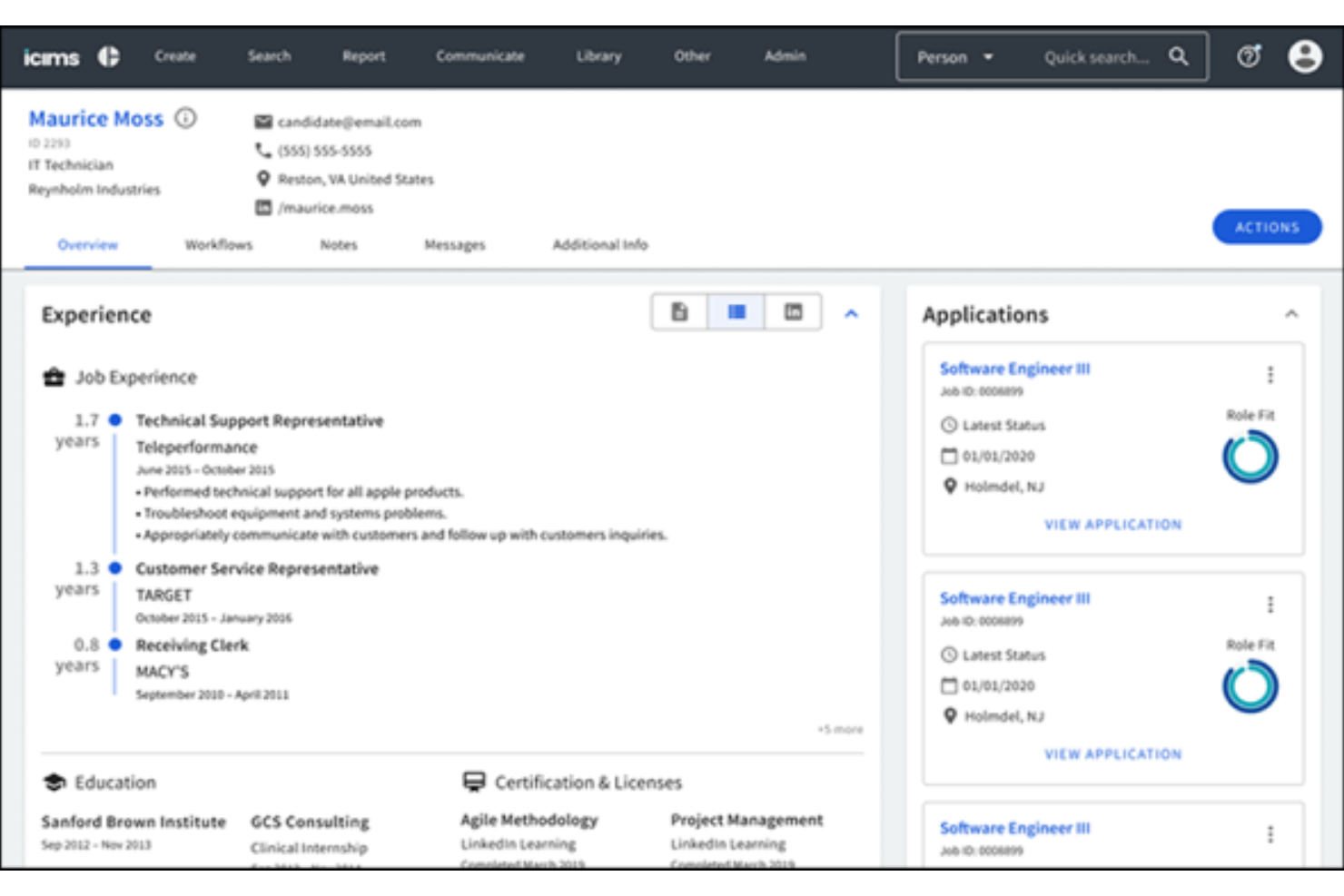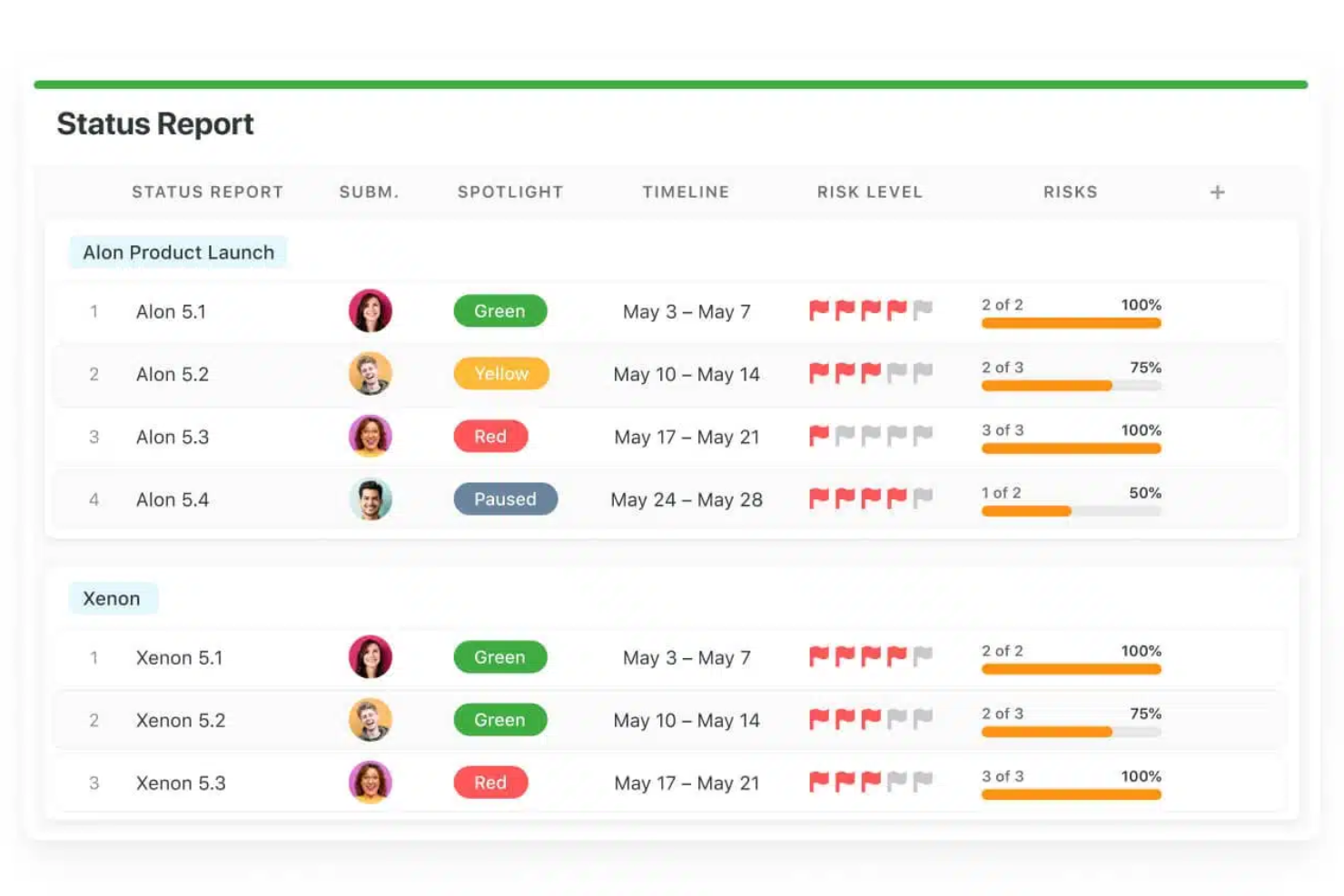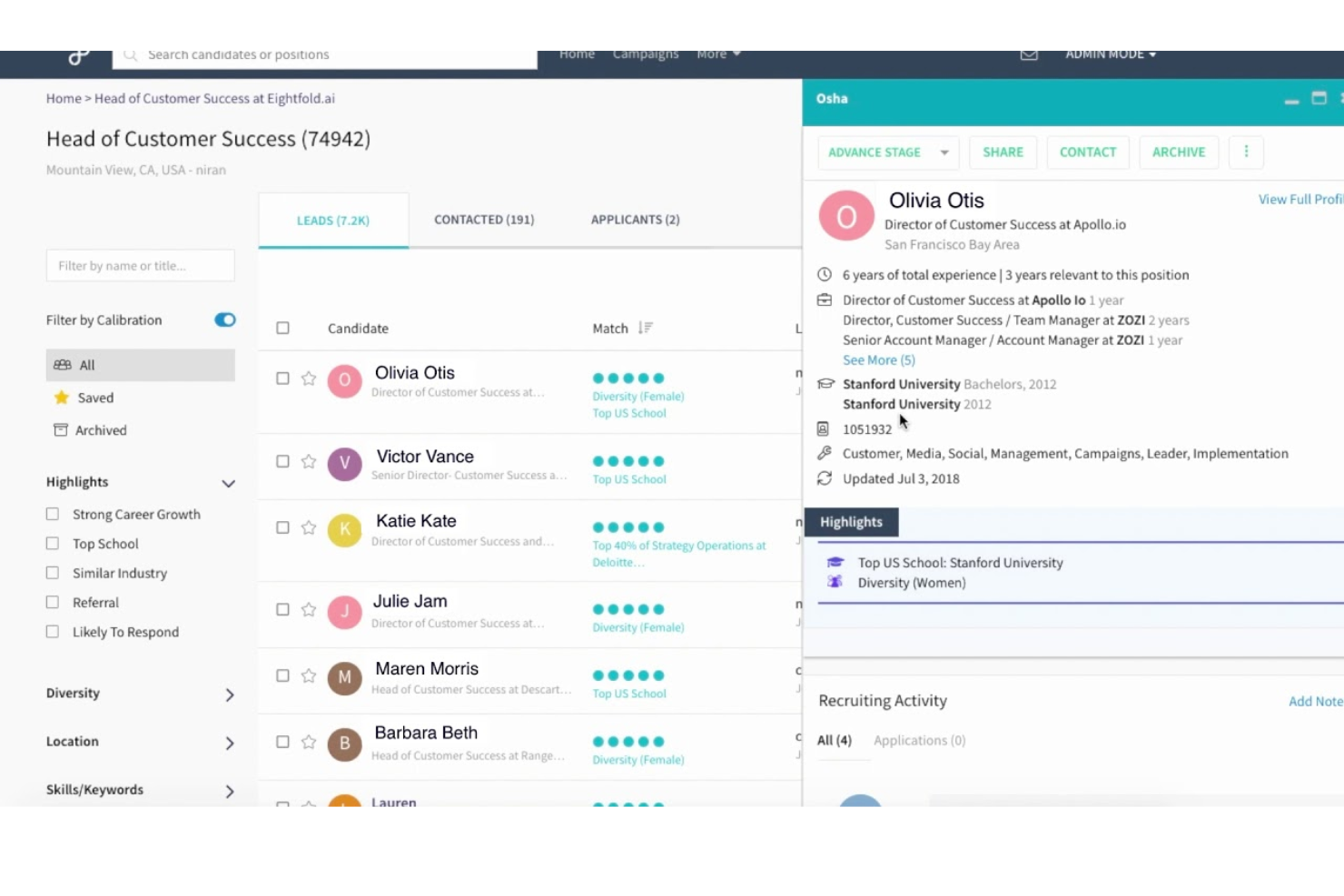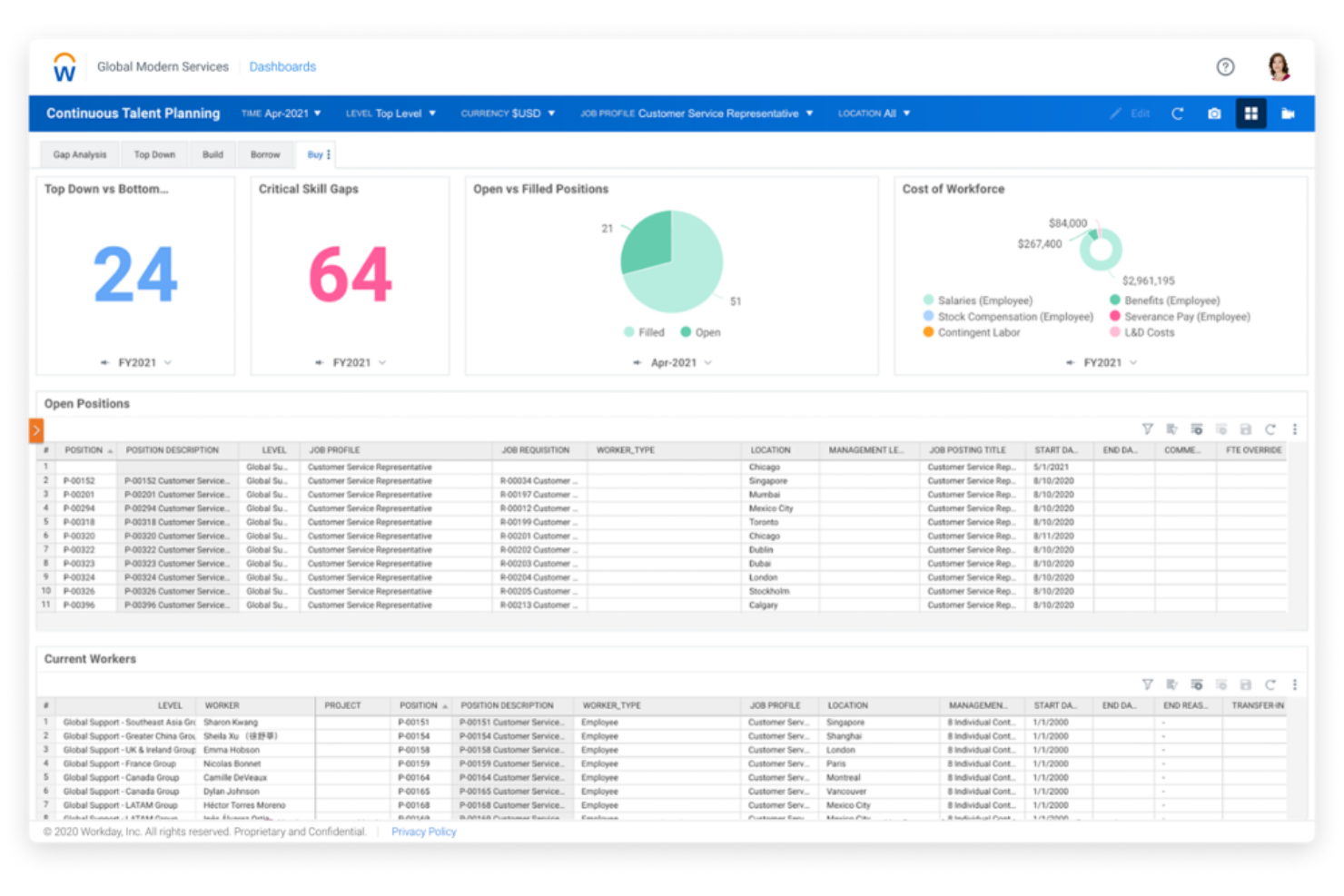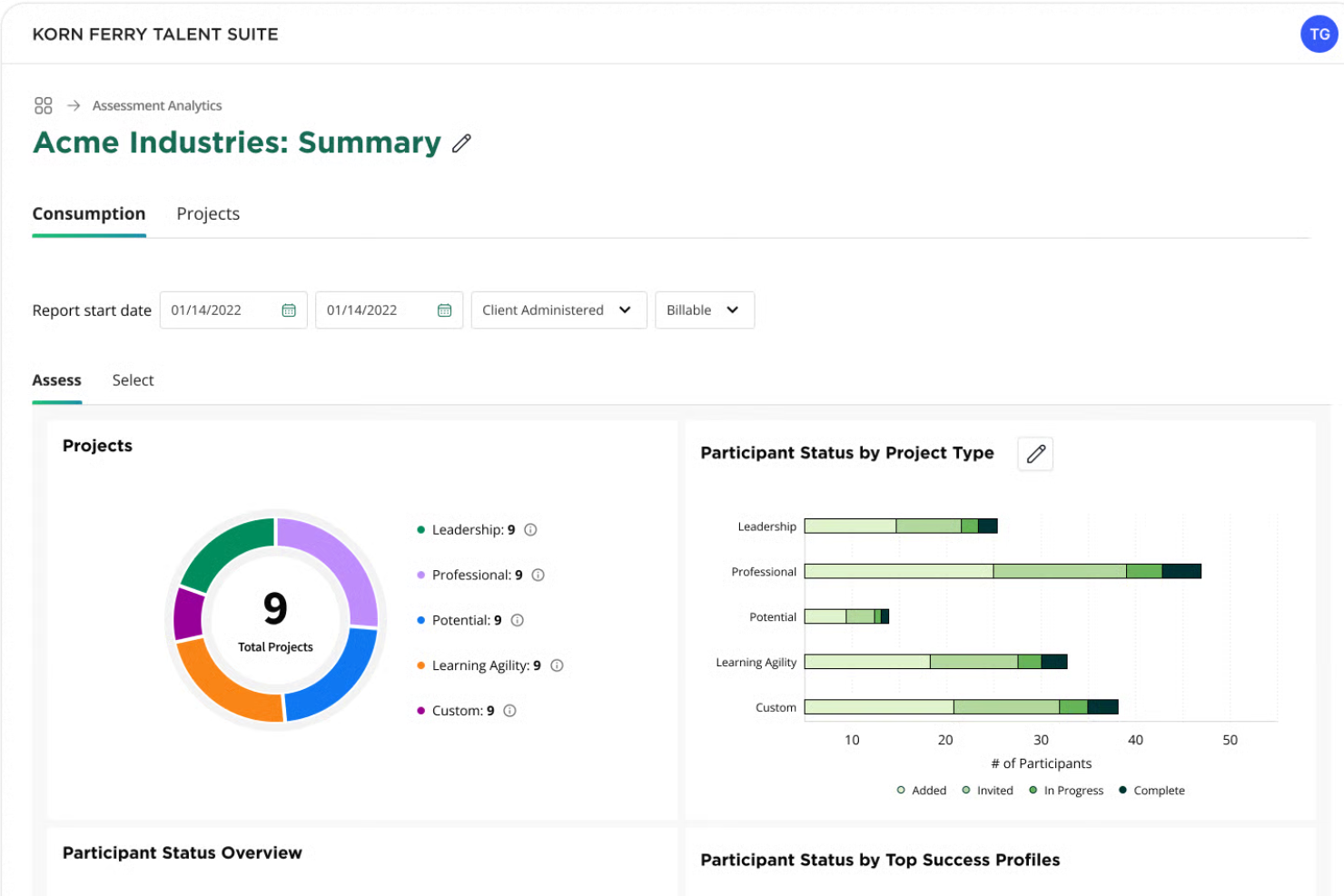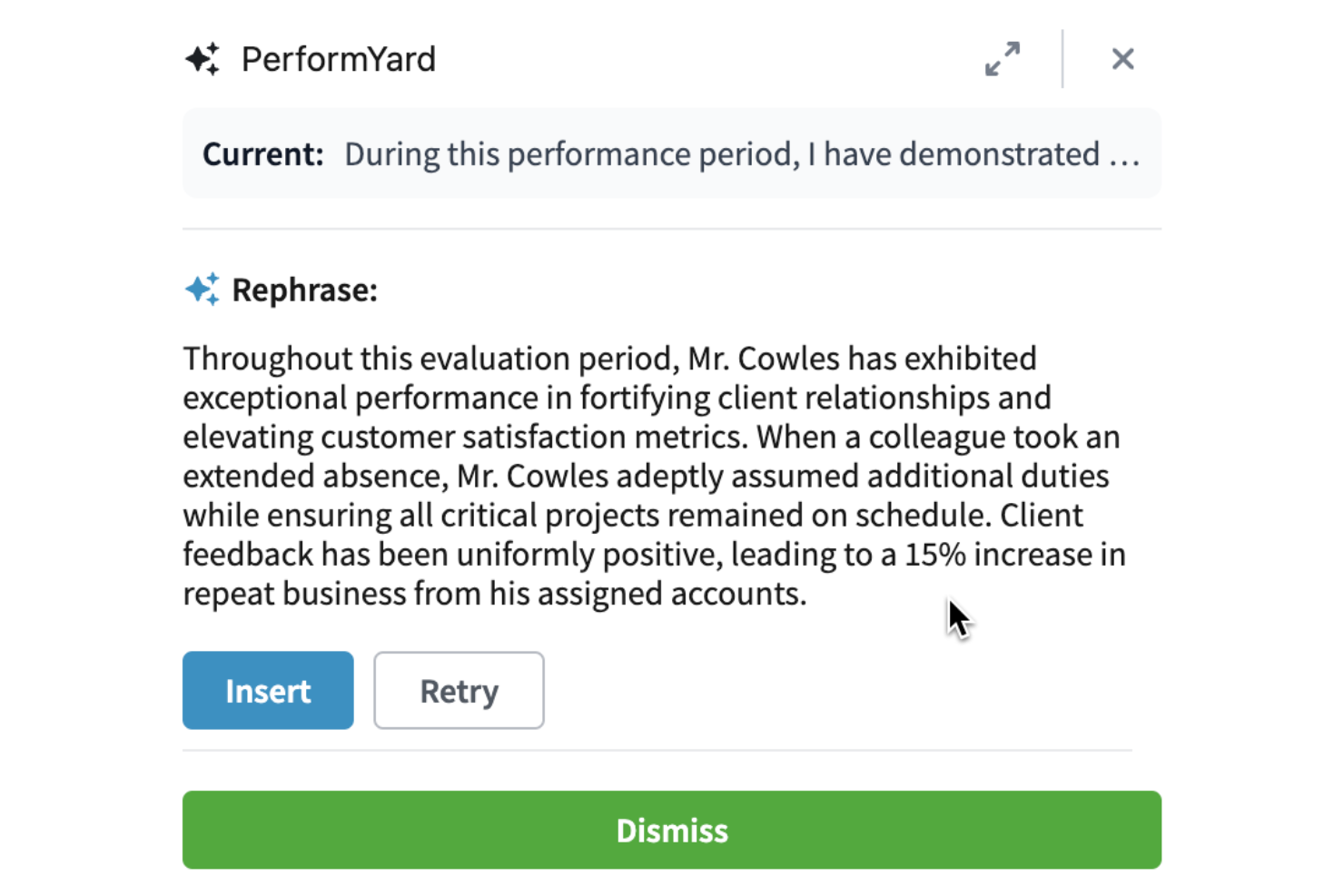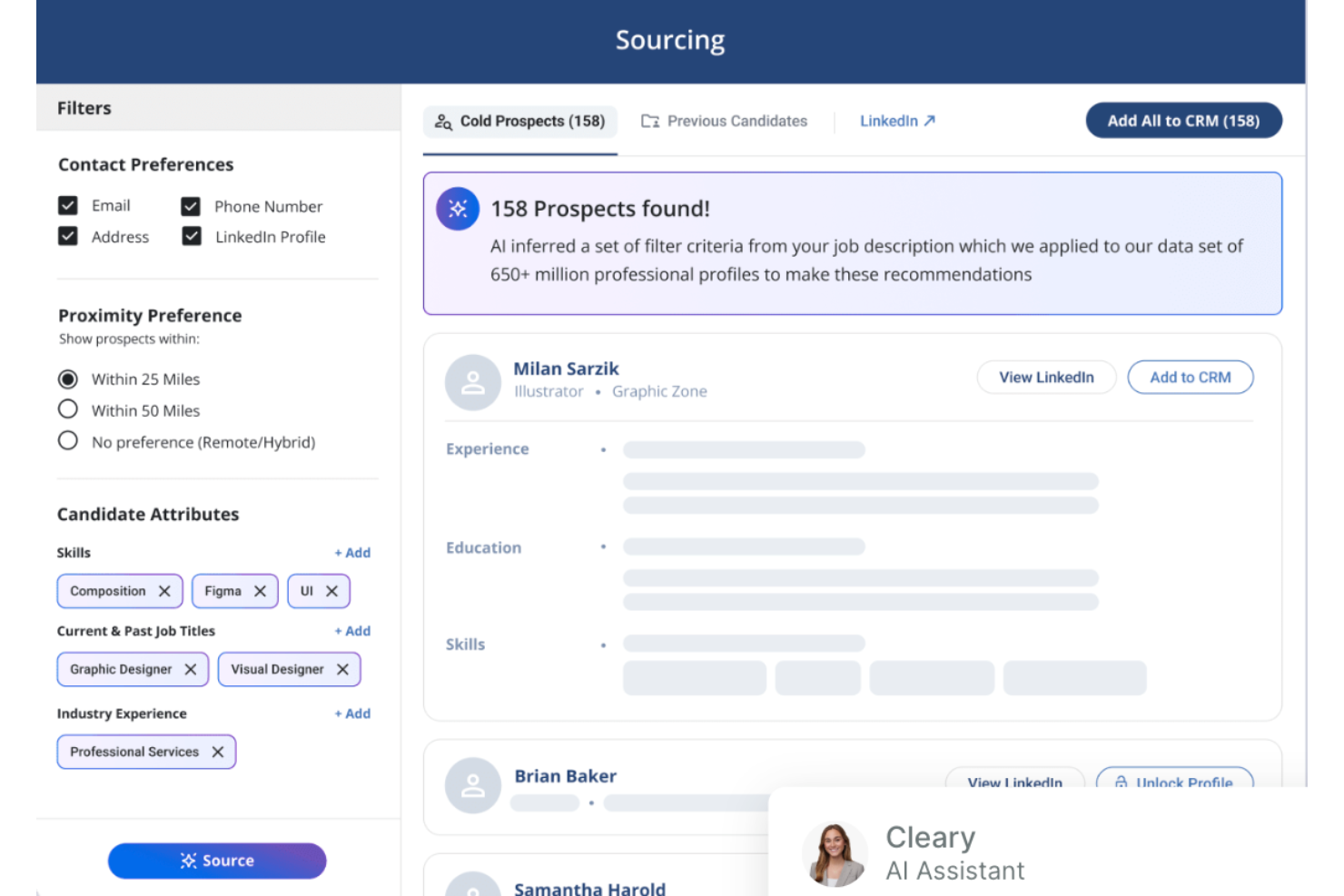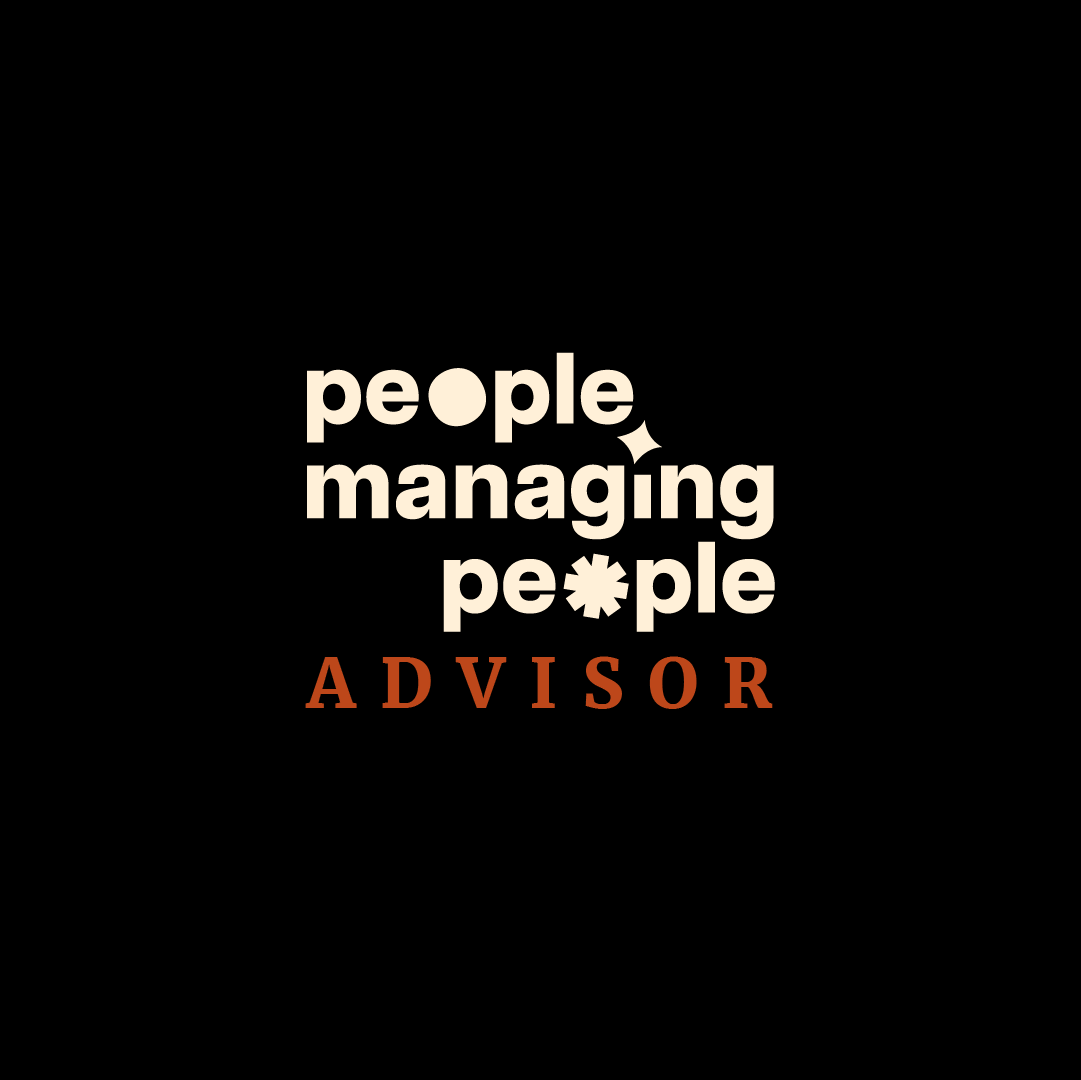AI talent management software helps organizations identify, develop, and retain top performers by automating processes like recruitment, performance tracking, and career development. Without it, HR teams struggle to align employee growth with company goals, leading to inefficiencies and higher turnover.
I've tested multiple AI-driven talent management platforms to see how they handle predictive analytics, skills mapping, and succession planning. The best tools go beyond simple data collection to offer actionable insights that improve workforce planning and engagement.
Here are my top picks for AI talent management software. Each has been carefully reviewed and tested for usability, integration capabilities, and how effectively it supports strategic HR decisions through automation and data-driven intelligence.
Why Trust Our Software Reviews
Best AI Talent Management Software Comparison Chart
This comparison chart summarizes pricing details for my top AI talent management software selections to help you find the best one for your budget and business needs.
| Tool | Best For | Trial Info | Price | ||
|---|---|---|---|---|---|
| 1 | Best for recruitment marketing | Free demo available | Pricing upon request | Website | |
| 2 | Best for global workforce management | Free trial + free demo available | Pricing upon request | Website | |
| 3 | Best for employee engagement tools | Free demo available | From $6/employee/month | Website | |
| 4 | Best for AI-driven talent matching | Free demo available | Pricing upon request | Website | |
| 5 | Best for performance reviews | Free demo available | From $4 to $11/employee/month | Website | |
| 6 | Best for a comprehensive HR suite | Free demo available | From $4/user/month | Website | |
| 7 | Best for medium to large enterprises | 30-day free trial | Pricing upon request | Website | |
| 8 | Best for leadership development | Free consultation available | Pricing upon request | Website | |
| 9 | Best for performance tracking | Free demo available | From $5 to $10/user/month | Website | |
| 10 | Best for hiring and onboarding | Free demo available | Pricing upon request | Website |
-

Native Teams
Visit WebsiteThis is an aggregated rating for this tool including ratings from Crozdesk users and ratings from other sites.4.9 -

Rippling
Visit WebsiteThis is an aggregated rating for this tool including ratings from Crozdesk users and ratings from other sites.4.8 -

Paylocity
Visit WebsiteThis is an aggregated rating for this tool including ratings from Crozdesk users and ratings from other sites.4.5
Best AI Talent Management Software Reviews
Below are my detailed summaries of the best AI talent management software that made it onto my shortlist. My reviews offer a detailed look at the key features, pros & cons, integrations, and ideal use cases of each tool to help you find the best one for you.
iCIMS Talent Cloud is a recruitment platform tailored for businesses focused on enhancing their talent acquisition strategies. It provides tools for recruitment marketing, applicant tracking, and onboarding, using AI to optimize hiring processes and candidate engagement.
Why I picked iCIMS Talent Cloud: Its strength in recruitment marketing sets it apart for organizations aiming to boost their talent attraction efforts. AI-driven candidate engagement tools help you connect with potential hires effectively. The platform's analytics provide insights into recruitment campaigns, allowing your team to refine strategies. iCIMS' robust applicant tracking system supports efficient hiring workflows.
Standout Features & Integrations
Features include personalized career sites, automated job posting, and candidate relationship management. These features help your team attract and engage top talent, enhancing your recruitment marketing efforts.
Integrations include LinkedIn, Indeed, Glassdoor, SAP SuccessFactors, Workday, ADP, Microsoft Office 365, Slack, Google Workspace, and Salesforce.
Pros and cons
Pros:
- Comprehensive applicant tracking system
- AI-driven candidate engagement tools
- Strong recruitment marketing capabilities
Cons:
- Limited customization for smaller businesses
- May require extensive training
SAP SuccessFactors Talent Management is a versatile solution tailored for global enterprises aiming to optimize workforce management. It provides tools for recruiting, onboarding, and performance management, enhanced by AI to deliver actionable insights and improve talent strategies.
Why I picked SAP SuccessFactors Talent Management: It’s designed for global workforce management, making it ideal for multinational companies. AI-driven analytics help you assess and predict workforce needs, ensuring alignment with business goals. Its succession planning features support your team in identifying future leaders. The platform's scalability accommodates organizations of various sizes and complexities.
Standout Features & Integrations
Features include goal management, continuous performance feedback, and learning management. These features help your team develop and retain talent by aligning employee objectives with company goals.
Integrations include Microsoft Office 365, LinkedIn, Slack, DocuSign, ADP, Kronos, ServiceNow, SuccessFactors Employee Central, Google Workspace, and Salesforce.
Pros and cons
Pros:
- Scalable for global enterprises
- Effective succession planning tools
- AI-driven workforce analytics
Cons:
- May require extensive training for setup
- Complex system configuration
Engagedly is a performance management platform tailored for organizations aiming to boost employee engagement and productivity. It offers solutions for performance reviews, goal setting, and continuous feedback, with AI features that enhance engagement strategies.
Why I picked Engagedly: It focuses on employee engagement tools, making it ideal for companies seeking to improve workforce motivation. AI-driven feedback analytics help you understand team dynamics and engagement levels. The platform's goal alignment features allow you to ensure everyone is working towards common objectives. Engagedly's customizable dashboards provide insights into employee performance and engagement.
Standout Features & Integrations
Features include performance review cycles, 360-degree feedback, and peer recognition. These features help your team foster a collaborative and motivated work environment.
Integrations include Slack, Microsoft Teams, Google Workspace, ADP, BambooHR, Namely, Okta, Azure Active Directory, Salesforce, and Workday.
Pros and cons
Pros:
- AI-driven feedback analytics
- Customizable dashboards for insights
- Strong focus on employee engagement
Cons:
- Limited advanced reporting features
- May require time for full setup
Eightfold AI is an AI-driven talent intelligence platform designed for enterprises looking to enhance their workforce management. It helps with talent acquisition, management, and resource allocation, offering AI-powered insights for better decision-making.
Why I picked Eightfold AI: The platform stands out for its AI-driven talent matching capabilities. It uses extensive global talent data to offer precise talent acquisition solutions. Eightfold AI's features include an AI Interviewer that screens candidates, allowing your team to focus on final hiring decisions. This makes it ideal for organizations seeking to optimize their hiring processes with advanced AI technology.
Standout Features & Integrations
Features include AI-driven talent acquisition, personalized career growth paths, and resource management for project staffing. These features help your team make informed decisions by leveraging data-driven insights.
Integrations include SAP SuccessFactors, Workday, Oracle, LinkedIn, Indeed, Glassdoor, Monster, Greenhouse, Lever, and iCIMS.
Pros and cons
Pros:
- Supports diverse sectors including enterprise and public
- Personalized career development paths
- AI-driven talent matching for precise hiring
Cons:
- Limited pricing transparency
- Complexity may require significant learning curve
Lattice is a performance management platform designed for companies focused on enhancing employee development and engagement. It offers tools for performance reviews, goal setting, and continuous feedback, leveraging AI to provide insights into employee performance.
Why I picked Lattice: Its focus on performance reviews makes it ideal for organizations aiming to improve employee feedback processes. AI-driven analytics help you identify performance trends and areas for improvement. The platform's customizable goal-setting features allow your team to align individual objectives with company goals. Lattice's user-friendly interface ensures your team can easily engage with the platform.
Standout Features & Integrations
Features include personalized feedback, employee engagement surveys, and one-on-one meeting management. These features help your team create a culture of continuous improvement and open communication.
Integrations include Slack, Microsoft Teams, Google Workspace, Okta, BambooHR, Namely, Rippling, Workday, ADP, and Gusto.
Pros and cons
Pros:
- User-friendly interface
- Customizable goal-setting features
- Effective performance review processes
Cons:
- May require time to adapt for some users
- Limited advanced reporting capabilities
Oracle Cloud HCM's Talent Management modules are designed for large enterprises seeking a comprehensive HR solution. They offer tools for recruiting, performance management, and succession planning, with AI capabilities to enhance decision-making and workforce insights.
Why I picked Oracle Cloud HCM: It provides a comprehensive HR suite that caters to large enterprises. AI-driven analytics help your team make informed decisions about talent management. The modules offer predictive insights to identify and nurture high-potential employees. Oracle's focus on integration across HR functions ensures your team can manage the entire employee lifecycle efficiently.
Standout Features & Integrations
Features include personalized learning paths, talent review dashboards, and succession planning tools. These features help your team develop and retain top talent while aligning with business objectives.
Integrations include Microsoft Office 365, LinkedIn, SAP, Workday, ADP, Kronos, Slack, DocuSign, Salesforce, and Google Workspace.
Pros and cons
Pros:
- Predictive insights for talent management
- AI-driven talent analytics
- Comprehensive HR suite for large enterprises
Cons:
- May require significant training resources
- Complex setup and configuration
Workday Talent Management is a comprehensive solution designed for medium to large enterprises focusing on managing their workforce effectively. It supports talent acquisition, performance management, and succession planning, leveraging AI to provide insights and enhance decision-making.
Why I picked Workday Talent Management: It caters specifically to medium to large enterprises with its extensive features. Predictive analytics help you identify high-potential employees and reduce turnover. The AI-driven career development tools enable personalized growth paths for your team. Workday's focus on scalability ensures it can grow with your organization.
Standout Features & Integrations
Features include continuous performance management, goal setting, and feedback tools. These features help your team stay aligned with organizational objectives and foster a culture of growth.
Integrations include Salesforce, Microsoft Office 365, Slack, LinkedIn, ADP, Kronos, ServiceNow, DocuSign, Okta, and Google Workspace.
Pros and cons
Pros:
- AI-driven career development tools
- Scalable for growing enterprises
- Predictive analytics for workforce planning
Cons:
- May require extensive training for users
- Complex implementation process
Korn Ferry Talent Suite is an AI-driven platform designed for organizations seeking to enhance talent management and leadership development. It provides solutions for talent acquisition, succession planning, and organizational strategy, utilizing AI to deliver actionable insights.
Why I picked Korn Ferry Talent Suite: It excels in leadership development, making it a top choice for organizations focused on cultivating future leaders. AI-driven assessments help you identify and nurture leadership potential within your team. The platform's tools, like Architect and Assess, support strategic talent planning. Its emphasis on defining success profiles ensures alignment with organizational goals.
Standout Features & Integrations
Features include data-driven talent assessments, organizational design tools, and leadership development resources. These features enable your team to make informed decisions and foster a strong leadership pipeline.
Integrations include Salesforce, Microsoft, Workday, SAP, Oracle, ADP, LinkedIn, Google Workspace, Slack, and ServiceNow.
Pros and cons
Pros:
- Comprehensive tools for organizational strategy
- AI-driven assessments for talent evaluation
- Strong focus on leadership development
Cons:
- May require significant customization
- Complex platform navigation
PerformYard is a performance management tool designed for businesses looking to enhance their performance tracking and evaluation processes. It offers functionalities for continuous feedback, performance reviews, and goal management, utilizing AI to provide actionable insights.
Why I picked PerformYard: Its focus on performance tracking makes it suitable for organizations aiming to refine their evaluation processes. AI-driven analytics help you gain insights into employee performance trends. The continuous feedback feature allows your team to engage in regular performance discussions. PerformYard's customizable review cycles ensure alignment with your specific organizational needs.
Standout Features & Integrations
Features include flexible review cycles, detailed performance reports, and continuous feedback mechanisms. These features enable your team to maintain a consistent approach to performance management.
Integrations include ADP, BambooHR, Gusto, Namely, Paycor, Rippling, Sapling, Workday, Zenefits, and Google Workspace.
Pros and cons
Pros:
- AI-driven performance insights
- Customizable review cycles
- Effective performance tracking tools
Cons:
- Limited advanced analytics options
- May require time to learn fully
ClearCompany is a talent management solution aimed at organizations seeking to enhance their hiring and onboarding processes. It provides tools for applicant tracking, onboarding, and performance management, with AI capabilities to improve recruitment efficiency.
Why I picked ClearCompany: Its strength in hiring and onboarding makes it perfect for organizations focusing on recruitment efficiency. AI-driven candidate matching helps you identify the best talent quickly. The onboarding tools ensure new hires are integrated smoothly into your team. ClearCompany's performance management features support ongoing employee development and retention.
Standout Features & Integrations
Features include customizable career sites, automated interview scheduling, and performance review templates. These features help your team attract, hire, and retain top talent efficiently.
Integrations include ADP, Paylocity, Paychex, Indeed, LinkedIn, Glassdoor, Monster, Google Workspace, Microsoft Office 365, and Slack.
Pros and cons
Pros:
- AI-driven candidate matching
- Effective onboarding tools
- Strong applicant tracking system
Cons:
- Limited customization options
- May require time for setup
- BambooHR®
For small to medium businesses
- HiBob
For remote team management
- Workable HR
For collaborative hiring
- ADP
For payroll and HR integration
- TalentGuard
For career path planning
AI Talent Management Software Selection Criteria
When selecting the best AI talent management software to include in this list, I considered common buyer needs and pain points like improving candidate matching and enhancing employee development. I also used the following framework to keep my evaluation structured and fair:
Core Functionality (25% of total score)
To be considered for inclusion in this list, each solution had to fulfill these common use cases:
- Talent acquisition
- Performance management
- Employee engagement
- Succession planning
- Learning and development
Additional Standout Features (25% of total score)
To help further narrow down the competition, I also looked for unique features, such as:
- AI-driven candidate matching
- Predictive analytics for talent retention
- Customizable career pathing
- Real-time feedback tools
- Integration with social media platforms
Usability (10% of total score)
To get a sense of the usability of each system, I considered the following:
- Intuitive user interface
- Ease of navigation
- Customizable dashboards
- Mobile accessibility
- Minimal training required
Onboarding (10% of total score)
To evaluate the onboarding experience for each platform, I considered the following:
- Availability of training videos
- Step-by-step product tours
- Access to templates
- Interactive webinars
- Responsive chat support
Customer Support (10% of total score)
To assess each software provider’s customer support services, I considered the following:
- 24/7 availability
- Multichannel support options
- Knowledgeable support staff
- Quick response times
- Availability of a dedicated account manager
Value For Money (10% of total score)
To evaluate the value for money of each platform, I considered the following:
- Competitive pricing
- Flexible pricing plans
- Transparent pricing model
- Discounts for annual subscriptions
- Cost versus features offered
Customer Reviews (10% of total score)
To get a sense of overall customer satisfaction, I considered the following when reading customer reviews:
- Overall satisfaction ratings
- Frequency of updates
- Feedback on customer service
- Ease of use feedback
- Feature effectiveness feedback
How to Choose AI Talent Management Software
It’s easy to get bogged down in long feature lists and complex pricing structures. To help you stay focused as you work through your unique software selection process, here’s a checklist of factors to keep in mind:
| Factor | What to Consider |
|---|---|
| Scalability | Will the software grow with your team? Ensure it can handle increased users and data as your company expands. Seek solutions with scalable infrastructure that won't slow down as you add more employees. |
| Integrations | Does it work with your existing tools? Check for compatibility with your current HR, payroll, and communication systems. Seamless integrations can save time and reduce errors when transferring data. |
| Customizability | Can you tailor it to fit your processes? Look for flexible solutions that let you adjust workflows, reports, and dashboards to match your unique needs. Avoid rigid systems that force you to change your processes. |
| Ease of use | Is it user-friendly for your team? Consider the learning curve and how intuitive the interface is. Choose software that minimizes training time and maximizes productivity. |
| Implementation and onboarding | How quickly can you get started? Evaluate the time and resources needed to set up the software and train your team. Look for vendors offering robust onboarding support and resources. |
| Cost | Does it fit your budget? Compare pricing models, considering both upfront costs and ongoing fees. Watch for hidden costs like additional user licenses or premium features that can add up. |
| Security safeguards | Are your data protected? Ensure the software meets industry standards for data protection and privacy. Look for features like encryption, regular security updates, and compliance with regulations like GDPR or CCPA. |
| Support availability | How accessible is help when needed? Check for available support channels and response times. Look for vendors offering 24/7 support or dedicated account managers to assist with any issues or questions. |
What Is AI Talent Management Software?
AI talent management software is a tool that leverages artificial intelligence to enhance various HR functions like recruitment, performance evaluation, and employee development. HR professionals, recruiters, and managers typically use these tools to improve efficiency and decision-making. Features like AI-driven candidate matching, predictive analytics, and personalized career paths help with identifying top talent, reducing turnover, and aligning employee goals with company objectives. Overall, these tools provide organizations with data-driven insights to optimize their talent management strategies.
Features of AI Talent Management Software
When selecting AI talent management software, keep an eye out for the following key features:
- AI-driven candidate matching: Matches job candidates to roles based on data analysis, improving recruitment efficiency.
- Predictive analytics: Offers insights into future workforce trends, helping in planning and reducing turnover.
- Personalized career paths: Provides tailored development plans for employees, enhancing growth and engagement.
- Real-time feedback tools: Enables continuous performance evaluation, fostering open communication and improvement.
- Talent review dashboards: Visualizes employee performance data to support informed decision-making.
- Automated job posting: Simplifies the recruitment process by distributing job ads across multiple platforms.
- Candidate relationship management: Helps maintain engagement with potential hires through personalized communication.
- Succession planning tools: Identifies and prepares future leaders, ensuring business continuity.
- Learning management systems: Facilitates employee training and development, supporting skill enhancement.
- Data encryption and security: Protects sensitive employee information, ensuring compliance with data privacy regulations.
Benefits of AI Talent Management Software
Implementing AI talent management software provides several benefits for your team and your business. Here are a few you can look forward to:
- Improved recruitment efficiency: AI-driven candidate matching speeds up the hiring process by identifying the best candidates quickly.
- Enhanced employee retention: Predictive analytics help anticipate turnover risks, allowing proactive steps to retain talent.
- Personalized development: Tailored career paths support employee growth and satisfaction, boosting engagement.
- Informed decision-making: Real-time feedback and talent review dashboards provide data for better management decisions.
- Efficient onboarding: Automated job posting and candidate relationship management streamline the onboarding experience.
- Leadership continuity: Succession planning tools ensure you’re prepared with future leaders, maintaining business stability.
- Data security: Advanced encryption protects sensitive information, aligning with privacy regulations and building trust.
Costs and Pricing of AI Talent Management Software
Selecting AI talent management software requires an understanding of the various pricing models and plans available. Costs vary based on features, team size, add-ons, and more. The table below summarizes common plans, their average prices, and typical features included in AI talent management software solutions:
Plan Comparison Table for AI Talent Management Software
| Plan Type | Average Price | Common Features |
|---|---|---|
| Free Plan | $0 | Basic candidate tracking, limited analytics, and basic reporting. |
| Personal Plan | $5-$25/user/month | AI-driven candidate matching, personalized dashboards, and essential integrations. |
| Business Plan | $30-$75/user/month | Advanced analytics, performance management tools, and customizable career paths. |
| Enterprise Plan | $80-$150/user/month | Comprehensive HR suite, predictive analytics, and full compliance management. |
AI Talent Management Software FAQs
Here are some answers to common questions about AI talent management software:
How does AI improve recruitment processes?
AI enhances recruitment by automating repetitive tasks, such as resume screening and candidate matching. It analyzes large datasets to identify the best candidates based on skills and experience, saving you time and reducing bias. For example, an AI tool can sift through thousands of resumes in minutes, highlighting top matches for your team to review. This efficiency allows you to focus on engaging with candidates rather than getting bogged down in paperwork.
Can AI talent management software integrate with our existing HR systems?
Yes, most AI talent management software can integrate with existing HR systems. Look for solutions that offer APIs and pre-built integrations with popular platforms like Workday, SAP, and ADP. These integrations ensure a smooth flow of data between systems, minimizing manual data entry and reducing errors. Before purchasing, confirm that the software supports the specific integrations you need to maintain seamless operations.
Are there privacy concerns with using AI in talent management?
Yes, privacy concerns exist, but they can be managed with the right precautions. Ensure that the software complies with data protection regulations like GDPR or CCPA. Choose vendors that prioritize data encryption and offer transparency about data usage. Regularly review your data privacy policies and educate your team on best practices to maintain compliance and protect employee information.
What kind of training is required for team members to use AI talent management software?
Training varies, but many vendors offer resources like webinars, tutorials, and guides. Start with a demo or trial to familiarize your team with the interface. Focus on key features like candidate matching and analytics. Assign a dedicated staff member to oversee the implementation and help others as needed. Continuous learning is vital, so encourage your team to take advantage of ongoing training opportunities provided by the vendor.
What’s Next:
If you're in the process of researching AI talent management software, connect with a SoftwareSelect advisor for free recommendations.
You fill out a form and have a quick chat where they get into the specifics of your needs. Then you'll get a shortlist of software to review. They'll even support you through the entire buying process, including price negotiations.

